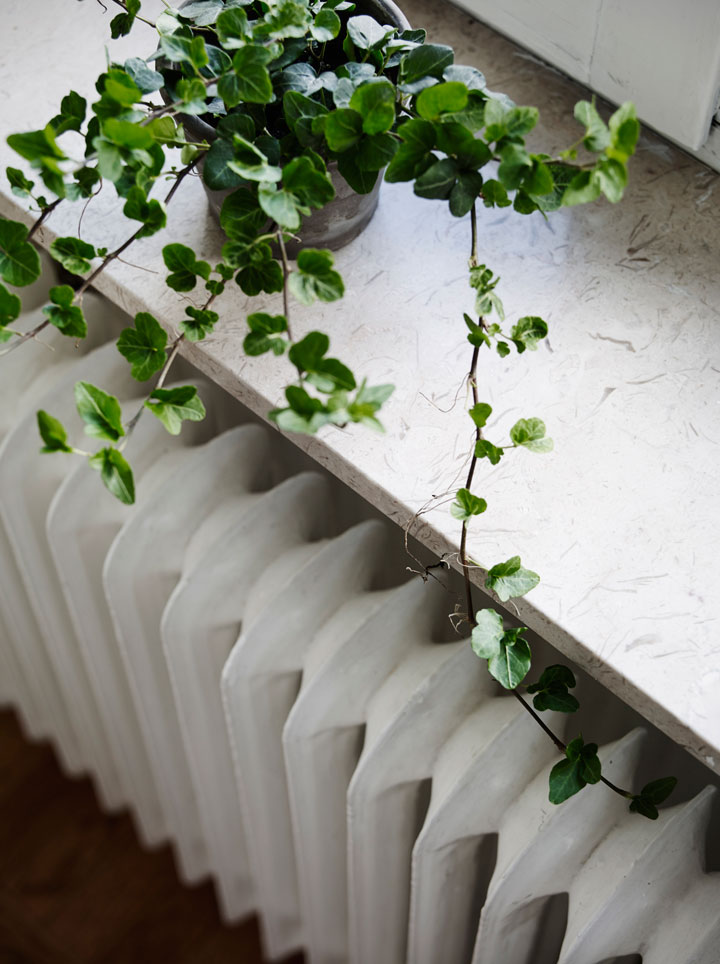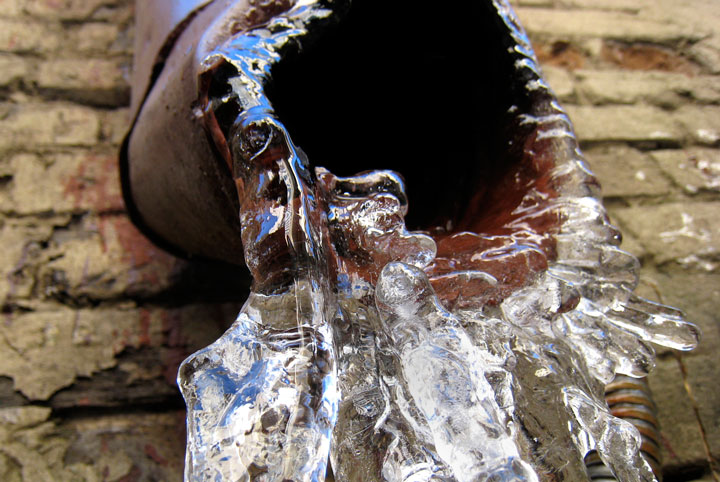
Scott McGillivray is a real estate expert and host of HGTV Canada’s Income Property and Moving the McGillivrays.
Both renters and landlords need to be prepared for the cold winter weather and the myriad of issues that can pop up. For example, according to new data from Enercare, approximately two-thirds of Ontarians do not have annual furnace maintenance checks performed. So don’t wait until it’s too late. Here are 10 things you need to know about your rental before the cold weather hits.
Who Manages Snow Removal?
In the majority of cases the landlord is responsible for dealing with snow removal. Usually it’s required that snow be cleared from walkways within 24 hours of a major snowfall, but I recommend confirming this ahead of time. Find out how and when driveways, parking areas and walkways will be cleared and also inquire about ice removal. Make sure the landlord provides salt or kitty litter so that tenants can put it down should walkways get icy between snowfalls.
What to Do if You Go Out of Town
One of the biggest and most common problems in the winter is frozen pipes. If you plan to go out of town for a few days it might be tempting to turn the heat down to save money and energy, but be careful. No heat means you run the risk of freezing the pipes. Speak to your landlord about what to do if you’re going away. He or she may ask you to do something like open up the kitchen cabinet doors since they can block the heat and cause the pipes to freeze when the heat is down.
Related: Fall and Winter Maintenance in a Rental: Who’s Responsible?
The Location of the Main Water Shut Off
If you’re unlucky enough to have a burst pipe in your apartment and water starts to fill the room, you need to know how to shut off the main water valve. It’s not going to solve the problem, but it might minimize the damage and lower the insurance claims. Ask the landlord when you move in where the shutoff to your unit is located and how/when to use it. Of course if you have a burst pipe you should call the landlord immediately, but have the info ready in case you can’t quickly reach him or her.
Are the Windows Drafty?
Drafty windows can be a nightmare during the cold winter months. So before the cold weather hits go around and test the windows for drafts and leaks. Ideally the landlord should be doing this, but don’t be afraid to take matters into your own hands and do the checking yourself. If you discover drafts, speak to your landlord about sealing them. Depending on the issue, weather stripping or caulking might solve the problem. Your landlord might also provide storm windows if necessary.

What’s the Heating Type?
Some types are more expensive than others, so if you’re paying for it make sure you have the right cost expectations. Electric heating via baseboards tends to be more expensive than other types, but ideally this is something you will have inquired about before you moved in. Something else to keep in mind is that one in four (25 per cent) on Ontario homeowners admit to never having their furnace serviced.
Related: 7 Common Winter Renovation Myths You’ll Never Fall for Again
Who Controls the Temperature?
Who controls the heat? Is it you? Is it the landlord? Is it someone in another apartment? There are usually standards for temperature control, but it’s not always fool proof. Inquire with your landlord about how the temperature is controlled and what to do if you find your home uncomfortably cold (or hot) in the winter. It’s also important to have this discussion early as three quarters (75 per cent) of Ontarians wait until at least October before firing up their furnace while another 13 per cent won’t do so until November.
Is There 24-Hour Maintenance and Repair Available?
Have you ever had your heat go off in the middle of winter? I have and it’s not a lot of fun. At the time the landlord was away on vacation and it took a long time to reach him and get it fixed. Several days in fact. Don’t let this happen to you! Find out what happens in the case of an emergency and be ready. If waiting for maintenance takes more than a certain period of time, your landlord may need to pay for you to stay in a hotel.
What to Do if the Locks Freeze
Frozen locks are an unfortunate occurrence that can really ruin your day. Homeowners can simply call a locksmith and have them fix it, but in a rental situation it’s a little different. If a home remedy doesn’t work, find out how the landlord wants you to handle it. Do you simply call them to fix it or do you have the go-ahead to call a locksmith?
Smoke and CO Detectors
Fires and carbon monoxide leaks can happen any time, but winter is a particularly dangerous season due to the use of heating systems, fireplaces and certain appliances. As long as they’re properly maintained and safely used you shouldn’t have issues, however it’s imperative that you have working smoke and CO detectors. Test them and make sure they’re in good working order – at all times.

Is the Basement Protected?
Basement flooding tends to happen more in the spring, but it’s often because of melting snow and ice. As a landlord you want to make sure the downspouts are far enough away from the house. Add extensions if necessary so that water from melting snow runs 3-4 feet away from the house. If you live in a basement apartment feel free to do a walk around the building and confirm this is the case.
Published November 28, 2018, Updated October 3, 2019
Photos courtesy of Getty Images
HGTV your inbox.
By clicking "SIGN UP” you agree to receive emails from HGTV and accept Corus' Terms of Use and Corus' Privacy Policy.



